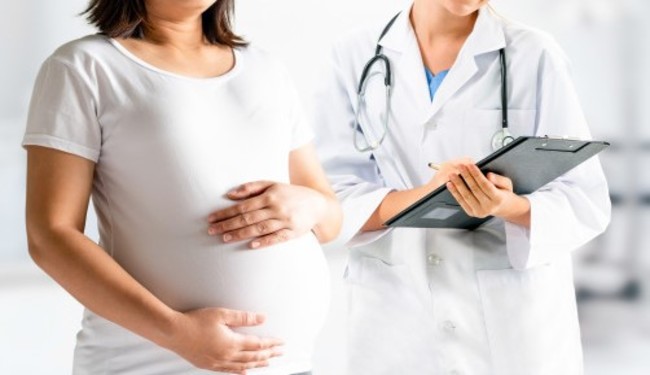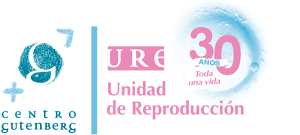COVID-19 vaccination and pregnancy: we answer your questions

With the arrival of the long‑awaited COVID-19 vaccination program, an important question has occurred to future moms: Is it safe to get vaccinated while pregnant? And is it safe to receive the vaccine if I’m trying to conceive, whether it be naturally or with the help of assisted reproduction techniques?
Until now, the recommendation has been to wait for three months once the second dose of the vaccine has been administered before trying to conceive. And, for pregnant women, the recommendation has been to refrain from receiving the vaccine until after giving birth. This week, however, scientific associations as well as the Spanish Ministry of Health have issued statements concerning women who find themselves in one of these situations.
COVID-19 vaccine during pregnancy
Previous studies on the vaccine excluded pregnant women and were only carried out in animal models. The results were favourable, but given that information is still very limited we do not have sufficient scientific evidence to recommend the use of this vaccine during pregnancy.
However, taking into consideration recent publications concerning COVID-19 and pregnancy in which pregnancy is considered a risk factor for this serious illness (even more so if a patient presents additional risk factors such as hypertension, diabetes…), administration of the vaccine can be evaluated on a case‑by‑case basis.
COVID-19 vaccine in women trying to conceive
In the event that you are trying to conceive, health officials believe that postponing pregnancy or delaying the start of assisted reproduction treatment is not necessary. In this regard, the Spanish Fertility Society and the Association for the Study of Reproductive Biology recommend that all women in high‑risk groups receive the vaccine.
The vaccines that are currently being administered are called messenger RNA (mRNA), which means that they don’t contain a live-attenuated virus. Current data does not suggest that the COVID-19 vaccine increases the risk of infertility, pregnancy loss during the first or second trimester, fetal death or congenital abnormalities. Nonetheless, additional data needs to be collected on women in the clinical trial who became pregnant during the vaccination process, or women who have already been vaccinated and might now conceive.
Two international scientific associations, the American Society for Reproductive Medicine and the American College of Obstetricians and Gynecologists, state that there is no reason to wait a certain amount of time after the second dose of the vaccine has been administered before trying to get pregnant. Even so, the Spanish Ministry of Health advises waiting at least two weeks following administration.
Either way, it is important that you keep one thing in mind: all of these recommendations are based on the experience and information that are available to us at present. This means that this advice could change in the future as data is updated and experiences with the vaccine are recorded.
At our fertility clinic in Spain we’ll be keeping a very close eye on all of this information and we will do everything possible to keep you posted as soon as we receive any new details. In the meantime, if you’re interested you can know more about tests to detect COVID-19 that we are using at URE Centro Gutenberg. Also, in this post you can read about emotions and fertility in times of COVID-19.

